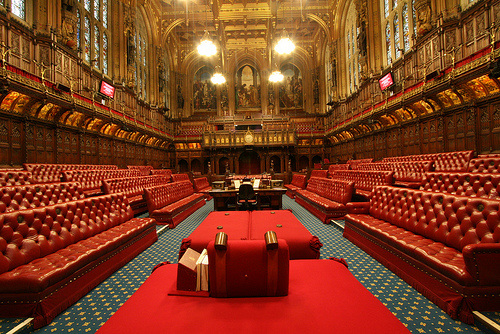
We have had to watch the moisture content which prevented us starting much before mid-afternoon, and on a couple of evenings we had to stop relatively early as the moisture rocketed due to an early dew. Monday it unfortunately rained as we were about to get going.
With grain prices so low, the last thing we need is to spend scarce resources drying the crop below the magic 15% moisture content, so we do not start until it is below.
A small group of farmers from the Lewes/Firle area met local MP Maria Caulfield last week, to discuss farming and transport matters.
How to tackle the A27 improvements, between Lewes and Polegate, is a very hot potato, with as many views as people in the room.
However, the burning issue is to improve safety, the road in its current state is a death trap, particularly for locals joining against the traffic.
The meeting was invaluable to the MP as all those present have long standing local knowledge, and as always with the farming community, have genuine concerns which they hold with a passion.
The topics included TB, the guaranteed payment of the Single Farm Payment (SFP) on time, and the general state of farming. Prices for products across the industry continue to tumble below production costs for milk, beef, lamb, pork and grain; a unique situation. Never in our generation have we faced this mass downturn. There have always been ups and downs but it is unprecedented that all types of farming are hit so hard.
Those who are suffering most are the tenant farmers. They find it almost impossible to raise the capital to invest in diversification projects, and despite falling commodity prices, still have to pay the rent.
This is a serious situation which land agents, acting on behalf of landowners, and land lords need to address. When rents become unrealistic it is vital that conversations take place
The future of British farming and food production is at risk as too many farmers decide to give up the struggle. Currently four dairy farmers are leaving the industry each week.
Often tenant farmers, particularly those who have farmed the land for generations, do so with an expertise far and beyond the capabilities of the landowner. If these families were to leave the land, and the industry, British farming and the countryside would be much the poorer.
The House of Lords is receiving unwanted attention from the press and media. The reform of the Upper House is another hot potato which will raise its head when-ever an opportunity arises to draw attention to their Lordships.
The red seats are today littered with a fairly mixed bunch of individuals. Some have indeed earned their place and contribute hugely to the democracy and scrutiny of parliamentary legislation. The majority of the hereditary Peers were unceremoniously removed in 1999 following the House of Lords Act. There remain ninety two, seventy five of whom were elected by their fellow hereditary peers. The rest come from all walks of life, including retired and failed MPs, businessmen and women, charity workers, many Bishops and some people of notoriety.
The hereditary status of the Lords was not perfect, but the advantage was that on the whole those who attended the House and played an active part were ‘A Political’. They did not carry their party colours on their sleeve, and did not vote along party political lines. They scrutinised the legislation and did what they felt was best for the country and its citizens.
Many had generations of history and responsibility for their lands and estates behind them. They knew how to care for their communities, appreciate the people who keep the wheels turning within these communities, and led from the front and hopefully set standards.
No doubt reform is now overdue but what will replace it is unclear. For certain the second chamber should not be elected. If this were to happen the supremacy of the House of Commons would be questioned and indeed challenged.
The Upper House should be none political and its members appointed for a maximum of perhaps ten years, by an independent panel. The practise of party leaders appointing their chums, failed and retired MPs, and financial backers should end, ideally now, before David Cameron promotes yet more to the already heaving benches.
Carola Godman Irvine

 RSS Feed
RSS Feed